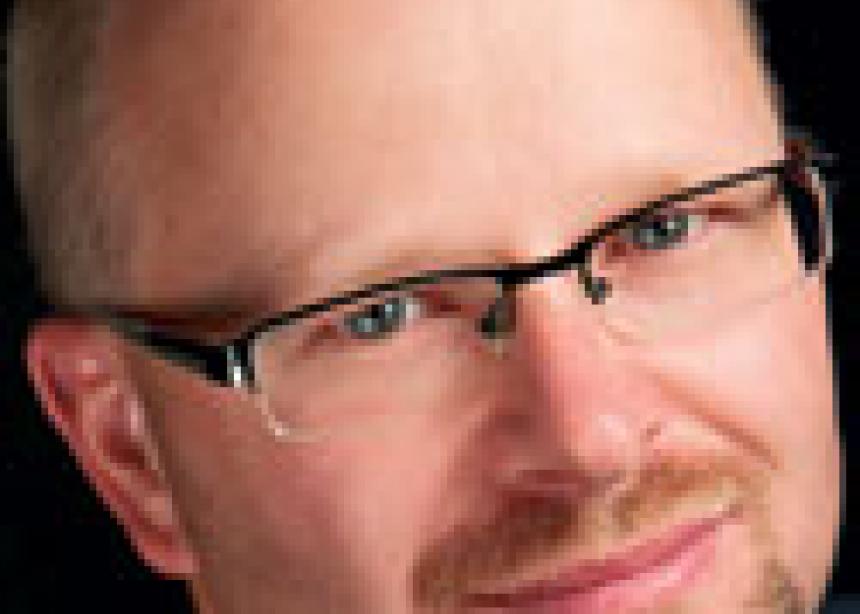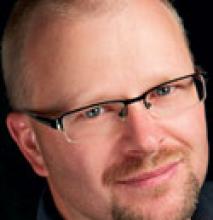I recall watching footage of the 1994 Rwandan genocide from the comfort of my living room. Images of machete-wielding young people have staying power in the personal video recorder that is my brain. Almost one in seven people perished in just over three horrible months. Most troubling was the sad fact that the vast majority of Rwandans at the time of the genocide would have identified themselves as Christians. How could this be?
A few weeks ago, our church hosted three Rwandan guests. Their ministry to young people and women with HIV/AIDS is making a difference in the small African country. Facing daunting realities, these servants have acted with vision, rather than wallow or run for sanctuary elsewhere. They took their Jerusalem seriously.
One team member, Luke, had never visited a western nation before. He was like most of us who travel somewhere new, bringing as he did many stereotypes with him. Those assumptions of Canada were shattered as he roamed Vancouver’s Lower East Side, Canada’s “poorest postal code.” He was deeply disturbed. The shock of what he saw on our streets messed with him as much as the jetlag from which he was recovering.
When the group’s leader spoke to our church family on Sunday morning, he gave a powerful challenge. Coming to our Jerusalem from the ends of the earth, he spoke of how hope in Rwanda is replacing despair after almost 20 years of reconciliation and repair. He spoke of spiritual renewal and signs of life, and of the persistent need for transformation and healing. He invited our people, so ably fitting Luke’s stereotypes, to join in financially supporting their important work. But he also brought things back to our Jerusalem. “Don’t come and help us if you won’t look after your Jerusalem first,” he said with straightforward clarity. That arrow of truth sunk deep.
“But you will receive power when the Holy Spirit has come upon you,” said Jesus in Acts 1:8, “and you will be my witnesses in Jerusalem and in all Judea and Samaria, and to the end of the earth.” The world everywhere is a goulash of the beauty and the broken. There is no end of worthy projects to support; of places to send eager servants; and of people who need the wholeness of the gospel that saves sinners, restores dignity and rights wrongs.
All of our churches in some way participate in this immense task in creative and generous ways. Like Luke, some of us will go where our stereotypes will be evaporated and others of us will say our part is to help Luke get there. All this is important, but what are we doing with our Jerusalem? How is our witness of the wholeness of the gospel going there?
So easily do we live with the mess of our own backyard. We can be emotionally moved by stories from far, far away, while the brokenness we pass by in our own Jerusalem is ignored. The familiar is seen with a critical eye. The Sunday
morning prophet’s challenge sounds deep, like sonar for the soul: We must rethink Jerusalem or our witness to the ends of the earth will ring hollow.
Our Rwandan friends knew firsthand what can happen if the witness in Jerusalem is neglected. These brothers were not outside consultants, but spoke from the credibility gained by enduring the worst and working towards a different future in their Jerusalem. And that was precisely what gave heavenly weight to their message.
Phil Wagler (phil_wagler@yahoo.ca) is rethinking life in Surrey, BC as a husband, father, neighbour and pastor.






Add new comment
Canadian Mennonite invites comments and encourages constructive discussion about our content. Actual full names (first and last) are required. Comments are moderated and may be edited. They will not appear online until approved and will be posted during business hours. Some comments may be reproduced in print.